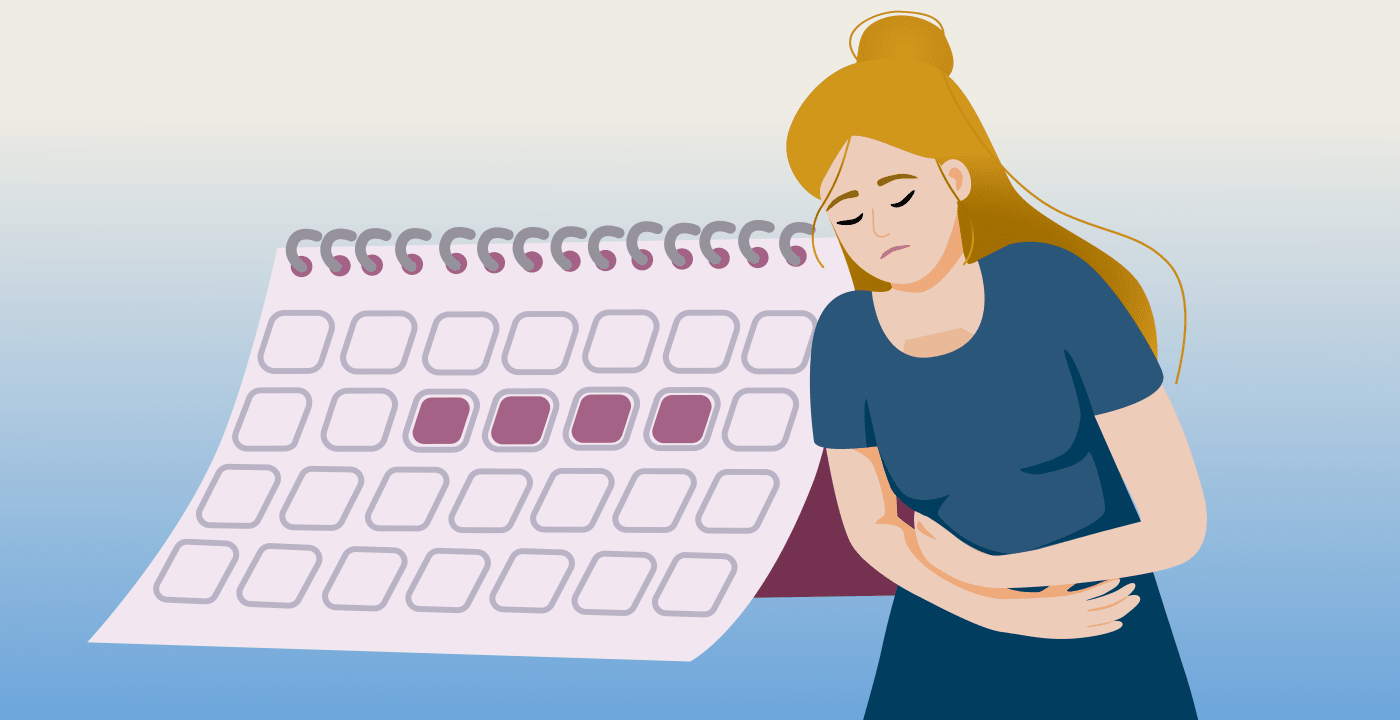Should I see a doctor: Irregular periods

After years of a clockwork menstrual cycle, suddenly your schedule is out of whack. It surprises you a week early one month, and the next cycle is days to weeks late. What’s going on?
What’s ‘normal’
Everybody is different, and your menstrual cycle is no different. Generally, though, the typical parameter for a menstrual cycle is 21 to 35 days between the first day of bleeding. Being early or late up to one week is not a reason for concern.
Most people who menstruate will experience bleeding for seven days or fewer and go through three to four pads on their heaviest flow day(s).
If you skip one period entirely but your cycle bounces back the next month, it could simply be a fluke caused by stress, changes in medication, weight fluctuation, not eating enough, excessive physical activity or other lifestyle changes.
For teens who only recently started their period, irregularities are common the first few years and not a reason to worry. Over time you’ll learn your body and come into your own cycle.
What’s ‘not normal’
Experts consider the menstrual cycle a fifth vital sign, meaning if it becomes irregular seemingly out of nowhere, it could be an indicator that something else is going on. Things to consider could be hormonal imbalances, a thyroid dysfunction, chronic diseases, fibroids, uterine polyps or polycystic ovary syndrome (PCOS), among others.
While some people may find relief in skipping a period, it’s important to remember it’s a natural cycle and shouldn’t be ignored. For example, young or extreme athletes have been told it’s normal for periods to stop altogether — but that could be a sign you’re pushing your body too much and could put you at risk for other health impacts.
How to care for your condition
Living a balanced lifestyle may be the key to regulating your cycle. Focus on reducing stress, getting enough sleep, staying active and giving your body the nutrients it needs.
If your cycle remains irregular even after these efforts, it’s time to consult your doctor or other health care provider to treat any underlying conditions — or consider birth control.
Birth control comes with its own side effects, but can be a useful tool in regulating the cycle as well as lessening your overall pain and flow.
If you ever worry that your experience isn’t normal, talk with your provider.
Medical review provided for this piece by Carri Holton, MSN, ARNP, WHNP, and Angie Hamouie, MD, MPH, both with Mary Bridge Children’s Pediatric and Adolescent Gynecology.




